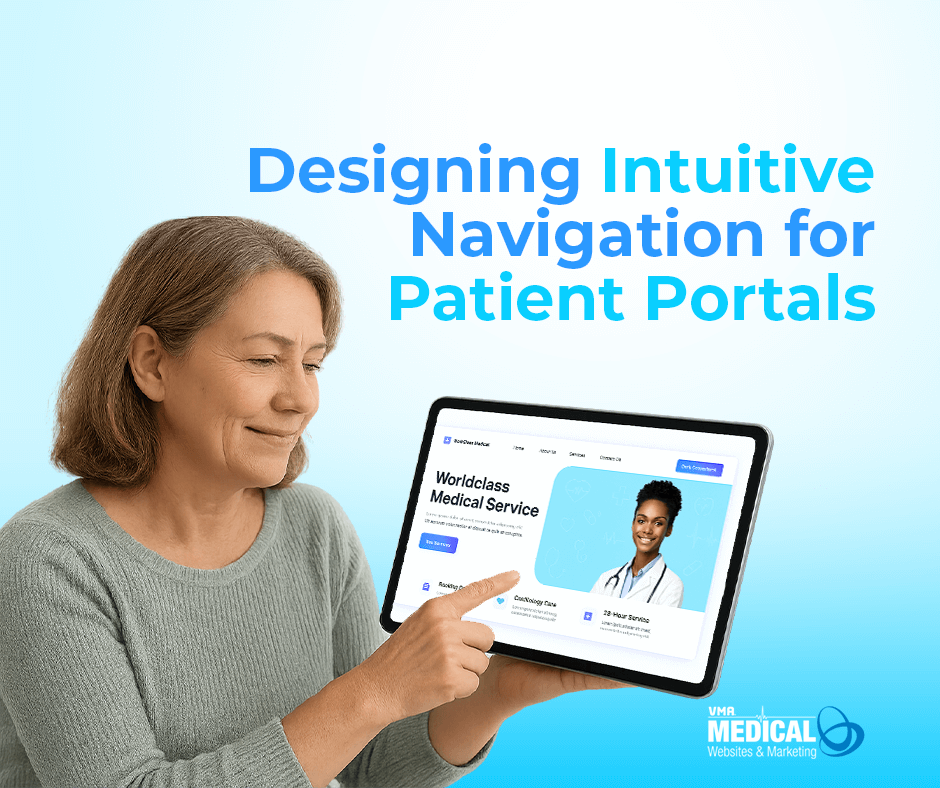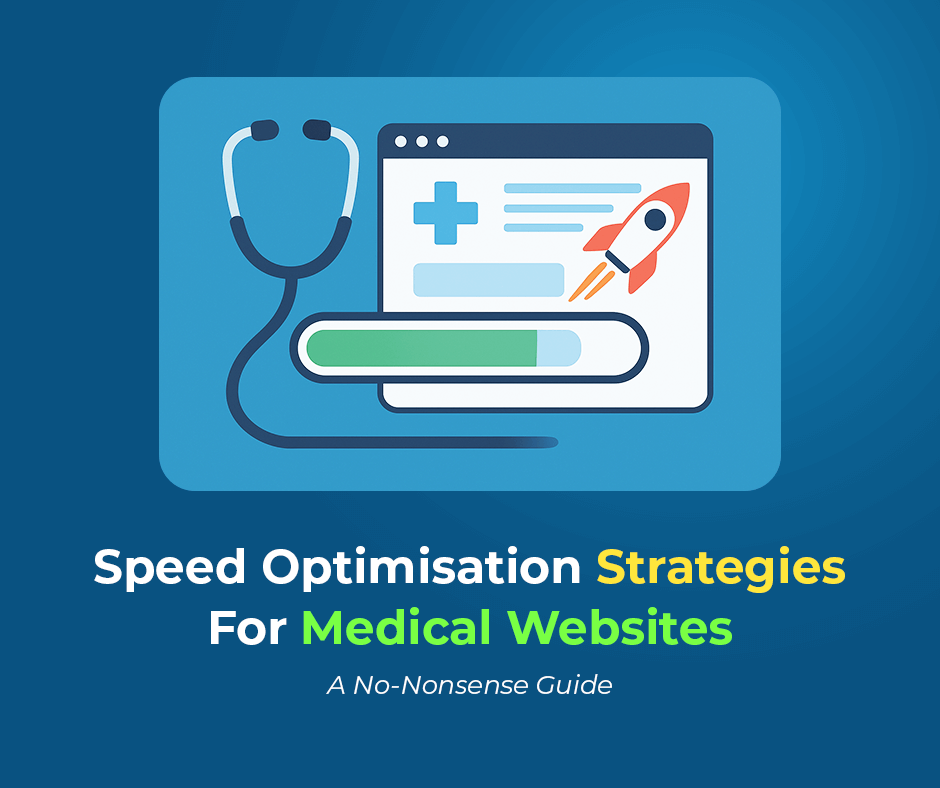Jump Ahead to...
ToggleIn today’s digital age, online reputation management has become a critical component of success for healthcare providers. Patients are increasingly relying on the internet to research and choose their healthcare providers, making a strong online presence and positive reputation essential. In this article, we will explore the best practices for online reputation management for healthcare providers and outline 20 benefits that come with it.
Best Practices for Online Reputation Management
Monitor Online Reviews
Regularly check and respond to online reviews on platforms like Google, Healthgrades, Yelp, and social media. This not only shows your attentiveness but also helps you gauge the pulse of patient sentiment. Engaging with patients’ feedback, both positive and negative, demonstrates your commitment to patient satisfaction. Addressing negative feedback promptly and professionally can often lead to constructive resolutions and improve your reputation.
Optimise Your Website
A well-designed website is your digital storefront. Ensure it is user-friendly, informative, and mobile-responsive. It should include essential information about your practice, services, physicians’ credentials, patient testimonials, and contact details. An engaging, informative website will leave a positive impression on potential patients.
Cultivate a Strong Social Media Presence
Actively engage with your audience on social media platforms. Share health tips, success stories, and any new medical advancements. Social media can be a powerful tool for patient education, community engagement, and humanising your practice. It allows you to showcase the human side of healthcare by sharing behind-the-scenes content, highlighting staff achievements, and celebrating patient success stories.
Publish High-Quality Content
Regularly create and share informative blog posts, videos, and infographics to establish yourself as an authority in your field. By providing valuable content that addresses common patient concerns, you position yourself as a trusted source of healthcare information. High-quality content not only educates your patients but also enhances your reputation as a healthcare expert.
Be Active in Online Healthcare Communities
Participate in online healthcare forums, answer patient questions, and share your expertise. Engaging with patients in these spaces showcases your dedication to patient well-being and helps build trust within the community. Actively participating in discussions related to healthcare topics can position you as a thought leader in your field.
Maintain Consistency
Ensure your brand’s name, address, phone number, and other details are consistent across all online platforms. Inconsistent information can confuse potential patients and harm your credibility. Maintain a cohesive and unified online presence to make it easy for patients to find and contact your practice.
Encourage Patient Feedback
Actively seek patient feedback through surveys, which can help you address issues and improve patient experience. Surveys provide you with valuable insights into areas where your practice excels and areas that require improvement. By actively encouraging feedback, you demonstrate your commitment to enhancing the patient experience.
Educate Your Staff
Train your staff to provide exceptional customer service both in-person and online. The patient experience is not limited to just the clinical encounter. How patients are treated by your staff, both online and offline, significantly impacts their perception of your practice.
Leverage Patient Testimonials
Showcase positive patient testimonials on your website and marketing materials. Testimonials provide social proof of your expertise and the quality of your services. They reassure potential patients and offer real-life examples of successful outcomes.
Respond to Negative Feedback Professionally
Address negative reviews with empathy and professionalism. Offering solutions and showing a commitment to improvement can turn a negative experience into a positive one. Publicly acknowledging and addressing negative feedback demonstrates your dedication to patient satisfaction and your willingness to rectify any issues that may arise.
Benefits of Online Reputation Management for Healthcare Providers
Enhanced Patient Trust
Building and maintaining a strong online presence fosters trust among potential patients, as they are more likely to trust a healthcare provider with a positive reputation.
Increased Patient Volume
A robust online reputation can attract more patients, leading to a growth in your practice and a broader patient base.
Competitive Edge
By consistently maintaining a stellar online reputation, you can outshine competitors and become the provider of choice for prospective patients.
Improved Search Engine Rankings
Positive online reviews and a strong reputation can boost your website’s visibility on search engines, making it easier for patients to find you.
Better Patient Engagement
Engaging with patients online not only helps in managing your reputation but also leads to more meaningful doctor-patient relationships, which can improve overall patient care.
Increased Referrals
Satisfied patients are more likely to refer others to your practice, resulting in a steady influx of new patients.
Efficient Feedback Loops
Actively managing your online reputation allows you to address patient concerns and issues quickly, leading to continuous improvement in your services.
Cost-Efficiency
Online reputation management is a cost-effective marketing strategy compared to traditional methods, making it a budget-friendly way to promote your practice.
Regulatory Compliance
Actively managing patient feedback and concerns helps you maintain compliance with healthcare regulations, demonstrating your commitment to patient well-being.
Boosted Online and Offline Brand Image
A positive online reputation reflects well on your practice’s overall brand image, enhancing your credibility in the healthcare industry
Improved Credibility
A strong online presence can enhance your professional credibility, making patients more likely to trust your expertise.
Better Patient Retention
Patients are more likely to return for care when they feel valued and heard, which can significantly improve patient retention rates.
Reduced Legal Risks
Proactively managing your reputation can mitigate legal risks, as addressing issues promptly can prevent potential legal challenges
Personalised Care
Patient feedback obtained through online reputation management can help you tailor your services to individual patient needs, providing more personalised care.
Continuous Improvement
Utilising patient feedback allows you to evolve and enhance your healthcare services continuously, resulting in improved patient care and satisfaction.
Enhanced Marketing Effectiveness
A positive online reputation amplifies the effectiveness of your marketing efforts, making your promotional activities more impactful.
Better Online Visibility
Higher search engine rankings and positive reviews increase your practice’s online visibility, helping you reach a broader audience.
Attract Top Talent
A strong online reputation can attract top-notch healthcare professionals to your team, as talented individuals are more likely to want to be associated with reputable organisations.
Enhanced Online Security
Proactive online reputation management helps protect your practice against online threats, misinformation, and potential damage to your brand.
Positive Community Impact
By demonstrating your commitment to patient satisfaction and delivering high-quality healthcare, you contribute positively to the community at large, improving the overall quality of healthcare services available.
Conclusion
In this age of unprecedented digital connectivity, where information flows freely and choices are made at the click of a button, online reputation management has risen as a vital determinant of success for healthcare providers. The healthcare landscape is no longer confined to the physical walls of a clinic or hospital; it now extends into the virtual sphere, where patients seek and scrutinise healthcare providers before making critical decisions about their well-being.
As we draw the curtains on this exploration of online reputation management, one truth becomes abundantly clear: the journey to a thriving and esteemed healthcare practice begins with a strong online presence and a positive reputation. It’s no longer a matter of choice, but a professional imperative. To resonate with the discerning patients of today, healthcare providers must master the art of managing their digital footprint.
The strategies and benefits outlined in this article serve as a road map, guiding healthcare professionals towards the pinnacle of online reputation excellence. By adhering to best practices, nurturing trust, embracing technology, and actively engaging with patients in the digital sphere, you can foster an environment of continuous improvement and patient-centric care.
In the end, it’s not just about enhancing your practice’s image; it’s about improving patient lives and the quality of healthcare services within your community. Online reputation management is a commitment to a brighter, more connected, and ultimately healthier future, where patients and healthcare providers forge stronger relationships in the digital age.
You may also like: Ensuring HIPAA Compliance with Secured Managed Hosting for Medical Websites
CONTACT US now! For more information.







